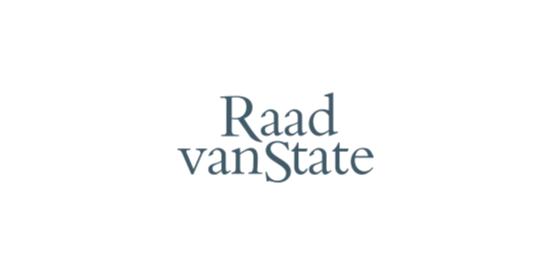Raad van State: Power Without a Mandate?

The Raad van State is one of the most influential advisory and judicial bodies in the Netherlands and Belgium. Despite its considerable power and role in legislation and administrative jurisprudence, public awareness of this institution remains limited. The Raad serves as a legal advisory body and the highest administrative court, yet its members are not democratically elected. This raises fundamental questions about legitimacy and transparency within the political and legal system.
Power and Influence: The Tasks of the Raad van State
The Raad van State has two primary functions: advising on legislation and exercising administrative jurisprudence. In its advisory role, the Raad assesses legislative proposals before they are submitted to parliament. While this is intended as a quality control measure, in practice, it means that a small group of influential jurists has a significant voice in the legislative process without direct democratic oversight.
Additionally, the Raad acts as the highest administrative court. This means that citizens and organizations can appeal government decisions before the Raad. This gives the Raad the power to review and sometimes even block government policies. As a result, the institution has substantial influence over policy implementation without being directly accountable to voters.
No Democratic Mandate: How Are Members Appointed?
Members of the Raad van State are appointed by Royal Decree, upon nomination by the government. This means they are not elected by the public but selected from a small circle of top jurists and former politicians. In the Netherlands, the King is even the formal chairman of the Raad, although he does not play an active role in decision-making.
This raises concerns about the democratic legitimacy of the Raad. In a system where checks and balances are crucial, it is problematic that an institution with such influence lacks direct public accountability. The appointments are made without extensive parliamentary scrutiny, and members often remain in office for many years.
Limited Public Awareness: A Deliberate Choice?
Despite its significant influence on legislation and administrative jurisprudence, the Raad van State remains relatively unknown to the general public. Unlike parliamentary elections, where political parties campaign and communicate their positions, there is little public discussion about the role and decisions of the Raad. A study by Utrecht University (2021) found that only 32% of the Dutch population knew exactly what the Raad van State does and how much influence it wields. This lack of awareness can lead to a democratic deficit, where a powerful institution operates largely outside the public debate.
Consequences for Democracy
The influence of the Raad van State on legislation and administrative jurisprudence is considerable, and without direct oversight from the electorate, this can be problematic. Decisions with major societal consequences, such as rulings on nitrogen policy or administrative law matters, are made by a non-elected body. This raises the question of whether the Raad van State should be subject to greater transparency and democratic control, such as more parliamentary involvement in appointments or some form of public accountability.
Conclusion: A Necessary Reform?
The Raad van State is a powerful institution that plays a crucial role in the political and legal system. However, the way in which this power is exercised remains opaque to many. The lack of democratic accountability and limited public awareness make it necessary to critically evaluate the functioning of the Raad. A broader societal discussion about the influence and appointments of the Raad van State could contribute to a more transparent and democratically accountable system.
References
- Utrecht University (2021). “Public Knowledge of the Raad van State and Its Influence on Legislation.”
- Wet op de Raad van State, Articles 1–7.
- Parlementaire Monitor (2022). “Appointments within the Raad van State: An Analysis of the Selection Procedure.”
- Dutch Constitution, Articles 73 and 74.
- Raad van State Annual Report (2023). “Advice and Jurisprudence: The Role of the Raad van State within Dutch Democracy.”


















